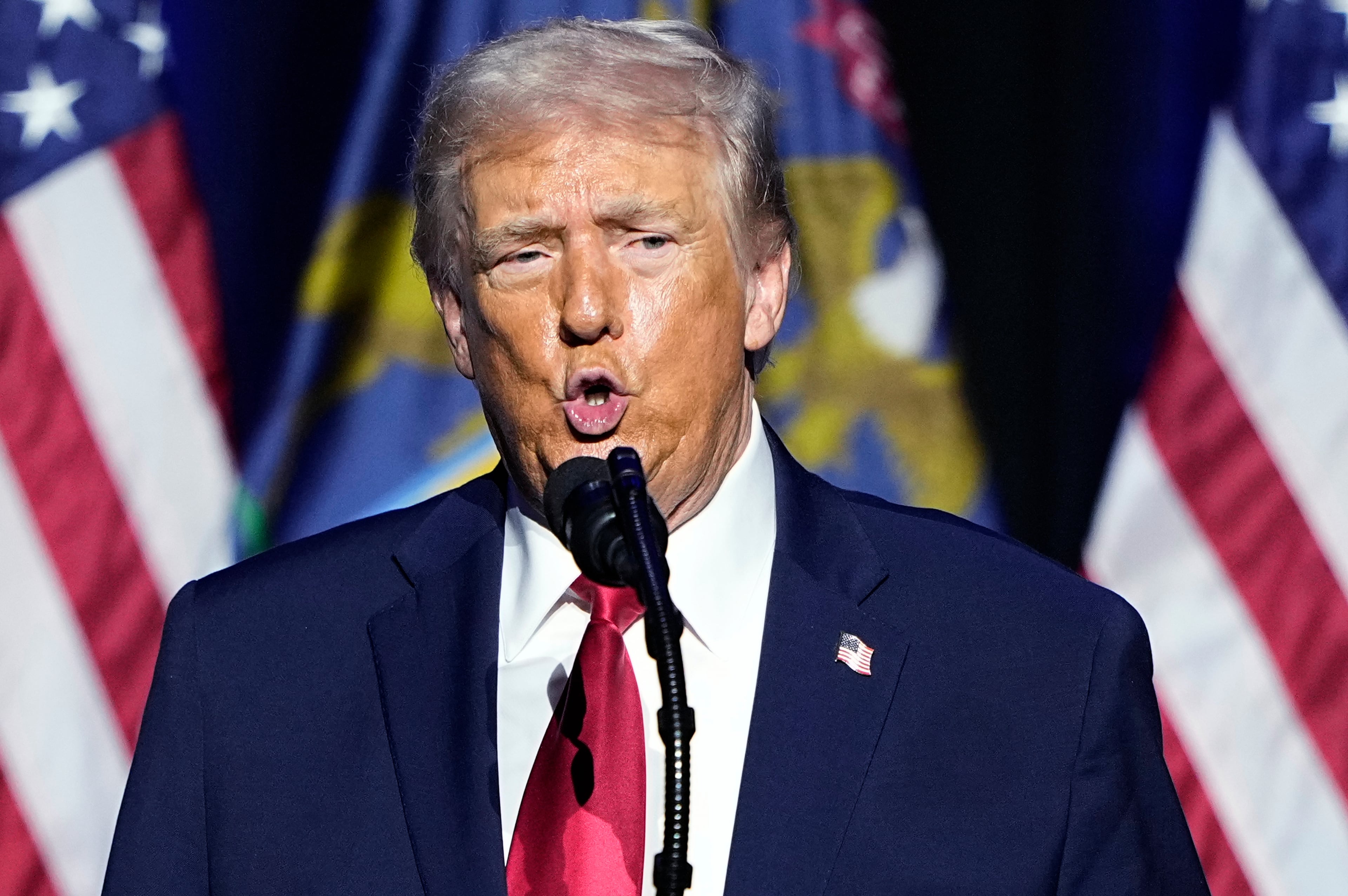How Donald Trump can fix American health care

America is more polarized today than it has been at nearly any point in its history. Again, President Donald Trump has capitalized on this division to rise to the most powerful office in the land. As he enters his final term in office, he has a historic opportunity to bridge this divide and heal our fractured nation.
Though we remain deeply divided on most political matters, there is one issue that most Americans agree upon: the U.S. health care system is broken.
A 2024 Gallup Poll found that Americans are more dissatisfied with our health care system today than at any point during the poll’s 24-year history. Importantly, the dissatisfaction crosses party lines, with only 30% of Democrats and 25% of Republicans rating our health care system favorably.


This disdain for U.S. health care is well-founded.
The average family spends more than 11% of its income on health care, and 41% of Americans carry some degree of medical debt, which accounts for two-thirds of personal bankruptcy filings. Insurance behemoths are recording record profits, with the five highest-paid chief executives earning more than $20 million a year, while the average American employee faces unyielding wage stagnation.
The rising cost of health insurance forces employers to forgo payroll increases for their employees and puts heightened financial pressure on small- and medium-sized businesses. For workers and families, this might be the difference between a comfortable middle-class life and scraping to get by.
Fortunately, there is a solution that is widely popular among both political parties: universal health care.
A 2018 Reuters-Ipsos poll found that 85% of Democrats and 52% of Republicans support a single-payer health care system, such as that in the Medicare for All Act proposed by Sen. Bernie Sanders, I-Vt. A single-payer system would benefit lower- and middle-class families, many of whom turned out in huge swathes to reelect Trump. A single-payer system would eliminate all out-of-pocket costs for routine and emergency medical care, and it would ensure that no man, woman or child would go without care because of the inability to pay.
Medicare for All is not a zero-sum game; there are no losers. An ultra-wealthy class of elites would finally be paying its fair share, and the rest of America would pay less for their health care.
Trump has flirted with the idea of universal health care before.
When asked how he envisioned replacing the Affordable Care Act, Trump stated “I have concepts of a plan.” Though this plan has yet to materialize, we can look at his past statements for clues.
In 2017, Trump praised the Australian health care system, a hybrid public-private system that operates similarly to that proposed by the Medicare for All Act. In 2015, he spoke admiringly about the Scottish health care system, which is one of the purest forms of nationalized health care in the world.
Most famously, in his 2000 book, “The America We Deserve,” Trump expressed his full-fledged support for a single-payer system stating:
“I’m a conservative on most issues but a liberal on this one. We should not hear so many stories of families ruined by health care expenses. We must not allow citizens with medical problems to go untreated because of financial problems or red tape. … We need, as a nation, to reexamine the single-payer plan.”
Recent events have made Trump’s nod to single-payer health care even more prescient.
The tragic shooting of UnitedHealthcare’s CEO has ignited a national conversation — not just about violence but about the anger and desperation felt by many who are trapped in a health care system that prioritizes corporate profits over people.
As a nation, we must unequivocally condemn all forms of targeted violence. At the same time, we must acknowledge the overwhelming consensus that has become apparent: Americans, regardless of political affiliation, are fed up with a system that often denies care, burdens families with insurmountable costs and enriches corporate elites.
This shared frustration presents Trump with a unique opportunity to align his actions with the populist message that won him the presidency. If Trump truly stands for the working class, he will lead the charge for Medicare for All.
Not only would this fulfill his unyielding promise to “drain the swamp,” but it would also secure his legacy as the president who finally fixed America’s broken health care system.
Belinda McIntosh is an Atlanta-based physician who served as chair for Georgians for a Universal Health Program and now sits on the Board of Directors of Physicians for a National Health Program. Toby Terwilliger is an Atlanta-based physician who serves as cochair of Georgians for a Universal Health Program and sits on the Board of Directors of Physicians for a National Health Program.

